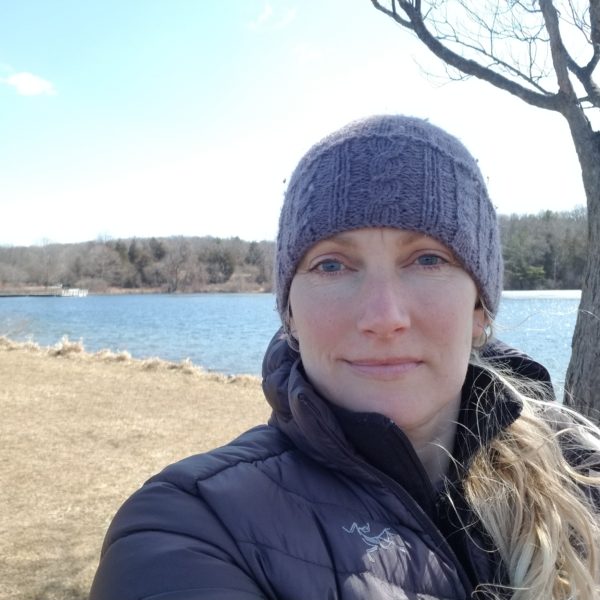Advertisement
When Schools Use Tech To Monitor Students Online, Class Is Always In Session
Resume
Some school districts are using tech companies to monitor students' digital activity around the clock. Could this compromise student privacy?
Guests
Lois Beckett, senior reporter at The Guardian covering gun policy, criminal justice and the far right in the United States. (@loisbeckett)
Jeff Patterson, founder and CEO of Gaggle, a school email and shared document monitoring company.
From The Reading List
The Guardian: "Under digital surveillance: how American schools spy on millions of kids" — "For Adam Jasinski, a technology director for a school district outside of St Louis, Missouri, monitoring student emails used to be a time-consuming job. Jasinski used to do keyword searches of the official school email accounts for the district’s 2,600 students, looking for words like 'suicide' or 'marijuana'. Then he would have to read through every message that included one of the words. The process would occasionally catch some concerning behavior, but 'it was cumbersome', Jasinski recalled.
"Last year Jasinski heard about a new option: following the school shooting in Parkland, Florida, the technology company Bark was offering schools free, automated, 24-hour-a-day surveillance of what students were writing in their school emails, shared documents and chat messages, and sending alerts to school officials any time the monitoring technology flagged concerning phrases.
"The automated alerts were a game-changer, said Jason Buck, the principal of the Missouri district’s middle school. One Friday evening last fall, Buck was watching television at home when Bark alerted him that one of his students had just written an email to another student talking about self-harm. The principal immediately called the first student’s mother: 'Is the student with you?' he asked. 'Are they safe?'
"Before his school used Bark, the principal said, school officials would not know about cyberbullying or a student talking about hurting themselves unless one of their friends decided to tell an adult about it. Now, he said, 'Bark has taken that piece out of it. The other student doesn’t have to feel like they’re betraying or tattling or anything like that.'
"Although students at his school are aware they’re being monitored, they were surprised at first at how quickly school administrators could follow up on what they had typed, Buck said. 'It’s not, "Hey, I sent this email two days ago," [it’s] "You just sent this email three minutes ago, let’s talk." '
"Bark and similar tech companies are now monitoring the emails and documents of millions of American students, across thousands of school districts, looking for signs of suicidal thoughts, bullying or plans for a school shooting."
Washington Post: "School apps track students from the classroom to bathroom, and parents are struggling to keep up" — "When Christian Chase wants to take a bathroom break at his high school, he can’t just raise his hand.
"Instead, the 17-year-old senior makes a special request on his school-issued Chromebook computer. A teacher approves it pending any red flags in the system, such as another student he should avoid out in the hall at the same time, then logs him back in on his return. If he were out of class for more than a set amount of time, the application would summon an administrator to check on him.
"Heritage High School in Loudoun County, Va., introduced the software, called e-Hallpass, in September as a way to track trips to the bathroom, the nurse’s office, the principal or other places on campus. It collects the data for each student’s comings and goings so approved administrators can see pass histories or look for patterns."
New York Times: "Could Monitoring Students on Social Media Stop the Next School Shooting?" — "Hours after the deadly school shooting in Parkland, Fla., companies that market their services to schools began to speak up. 'Governor, take pride that a Vermont-based company is helping schools identify the violence before it happens,' one company wrote on Twitter to Gov. Phil Scott of Vermont.
"The chief executive of another company appeared on the news to boast of a 'home run': Its algorithms, he said, had helped prevent two student suicides.
"To an anguished question that often follows school shootings — Why didn’t anyone spot the warning signs? — these companies have answered with a business model: 24/7 monitoring of student activity on social media.
"Often without advance warning to students and parents, the companies flag posts like those of Auseel Yousefi, who was expelled in 2013 from his high school in Huntsville, Ala., for Twitter posts made on the last day of his junior year. 'A kid has a right to be who they want outside of school,' he said later."
This program aired on October 31, 2019.

